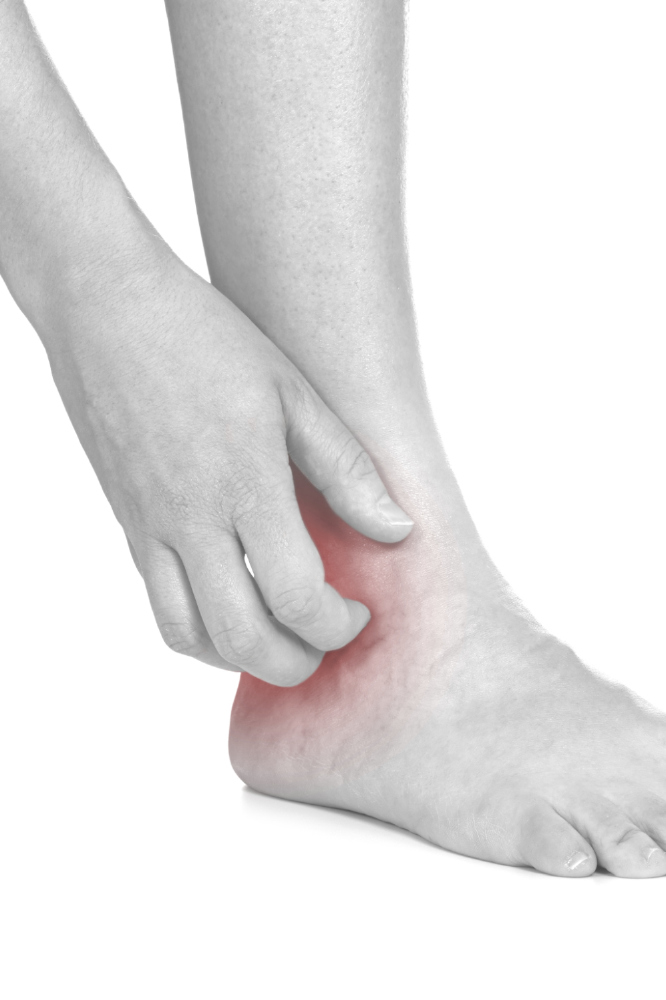
Take care of your skin with these helpful tips
The number of eczema sufferers in the UK has been steadily rising, and currently 1 in 5 children and 1 in 12 adults in the UK suffer from the condition.
With diagnosis on the increase, National Eczema Week (14th-22nd September) - a nationwide awareness campaign set up by the National Eczema Society, aims to increase the understanding of this prevalent skin condition.
The most common form of this dermatological complaint is known as atopic eczema. Dr Virginia Hubbard, Consultant Dermatologist at London Bridge Hospital explains the symptoms: “Atopic eczema is a common inflammatory skin condition which manifests as dry, red, itchy skin, which usually comes and goes. The skin is typically affected in patches but can sometimes involve large areas of the body. The most common sites to be affected are the flexural ones, such as elbow and knee folds, but eczema can affect any part of the body, including the scalp.”
The cause of eczema can be hard to determine, with a complex variety of factors, including genetics being linked to the condition. Dr Virginia Hubbard expands; “If someone in the family has eczema, asthma or hayfever, then a person is more likely to develop eczema. In addition, there are a number of factors that can cause eczema to flare up. These include infection of the skin, being unwell or stressed, certain drugs, heat and exposure to certain irritant substances. Whilst there are many causes, it is key that people know eczema cannot be caught from another person.”
Other types of eczema include:
- Discoid eczema – A form that presents with dry, red, itchy coin-shaped patches, usually in adults on the arms and legs.
- Follicular eczema – Where eczema symptoms appear around the hair follicles.
- Allergic contact eczema or irritant eczema - Where eczema is caused by an allergy or due to a skin irritation.
With most forms of eczema the symptoms are itchy, causing the sufferer to scratch the affected area. However Dr Hubbard notes that this could be elevating the issue; “Scratching the eczema tends to make it worse and this phenomenon is known as the itch-scratch cycle.”
While there is no cure for eczema there are steps you can take to manage the condition and break this vicious and uncomfortable cycle.Dr Hubbard explains the 3-step process to managing eczema:
Step 1:
- Avoid things that could irritate the skin, such as soaps and shower gels - Patients with atopic eczema have a defect in the skin barrier and are more susceptible to irritation by soaps and other substances. Even those labelled as ‘suitable for sensitive skin’ should be avoided. Rather, sufferers should seek out the numerous eczema friendly substitutes that can be used in the shower or bath.
- Likewise, some household substances can exacerbate eczema - Contact with these should be minimised. In addition, some patients find that cotton-lined rubber gloves can be helpful.
Step 2:
- Use emollient regularly to moisturise the skin - This needs to be used several times each day, especially after washing the hands or having a bath or shower. The most effective emollients tend to be the greasiest ones but the best emollient for any patient is the one they will happily use on a regular basis.
Step 3:
- Use products to reduce the inflammation in the skin - This is usually a steroid cream. There are different strengths of steroid cream and it is important to use the right cream at the right time. Use a cream that is too strong and after time it could potentially give some side effects, but too weak and it won’t work. The steroid cream may need to be used once or twice a day for a few weeks before an improvement is seen. There are also non-steroid creams that can be prescribed, such as tacrolimus or pimecrolimus.
If these steps do not assist, further medical treatment can assist in alleviating the condition. Dr Hubbard concludes, “Although the majority of patients improve with the above 3 steps, some patients will need additional treatments. This may include tablets to suppress the immune response in the skin, bandaging, light treatment or cognitive behavioural therapy, to reduce the urge to scratch itchy skin.”

